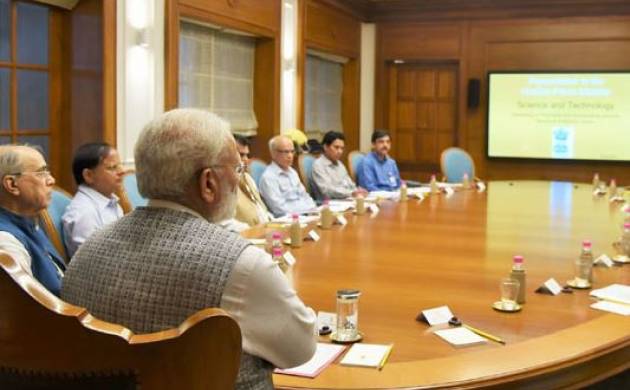On Wednesday, the Modi government with its measures to curb corruption had come to light in the Lok Sabha when the house was informed that within the period of July 2014 and May 2019, 312 bureaucrats in the government were compulsorily retired or recommended for retirement. The officials were retired on various charges, ranging from corruption to inefficiency. For this purpose, the service records of 36,756 Group-A and 82,654 Group-B officers were reviewed under service rules. Such steps have instilled a valid fear among bureaucrats who perform inefficiently or engage in corruption.
The written reply to Lok Sabha from Modi government was given by Dr Jitendra Singh, MoS, Ministry of Personnel, Public Grievances and Pensions and MoS, Prime Minister’s Office read, “As per the applicable disciplinary rule, the government has the right to proceed against corrupt officials on the basis of available evidence. The government has an absolute right to retire government officials prematurely on ground of lack of integrity and ineffectiveness in public interest as per provisions of Fundamental Rules (FR) 56 (j) (i), rule 48 of Central Civil Services (CCS) pension rules 1972 and rule 16 (3) (amended) of All India Services. These rules lay down the policy of periodic review and premature retirement of government services.”
Out of the 312 officers, 125 were Group ‘A’ officers and 187 from Group ‘B’. This information comes in light of the much lauded news last month, wherein 27 bureaucrats had been compulsorily retired from the revenue services using the Fundamental Rule 56 (j) of Central Civil Services (Pension) Rules, 1972. The income tax officers had various charges, ranging from corruption to even sexual harassment. Modi government was praised for this bold step.
All these attempts have been taken to essentially remove the deadwoods from the government. When the officers enter the stream, they are an intelligent and bright minded lot. However, as the years go by, the efficiency and passion is deteriorated. The bureaucrats have usually retained their positions irrespective of their performance so there is hardly any motivation for them to work honestly. Moreover, the power the position brings often corrupts even the brightest minds. Hence, the government sector in the country is filled with corrupt and inefficient officials.
Now, Modi government hopes to change the stagnant culture the bureaucracy seems to have adopted. With the removal of deadwoods, not only will the institution be cleansed of corrupt individuals, but will also be a deterrent against corruption to the existing officers.
The infamously lethargic and inefficient government sector is not only essential for policy execution but is also meant to accelerate the growth of the country. The string of compulsory retirements will surely be a wakeup call to the officials. With this, the officers will realise that irrespective of their post or power, they cannot take their job for granted. Those who are productive will be retained and those are not, will be removed. Had a pro-active government, along the lines of Modi government been in power a few decades ago, the country’s status in terms of development and growth would have been phenomenal. The stigma that government job has become associated with, would not exist. Modi government is all set to cleanse the system and thus break the wheel which has been in place since the British era.
